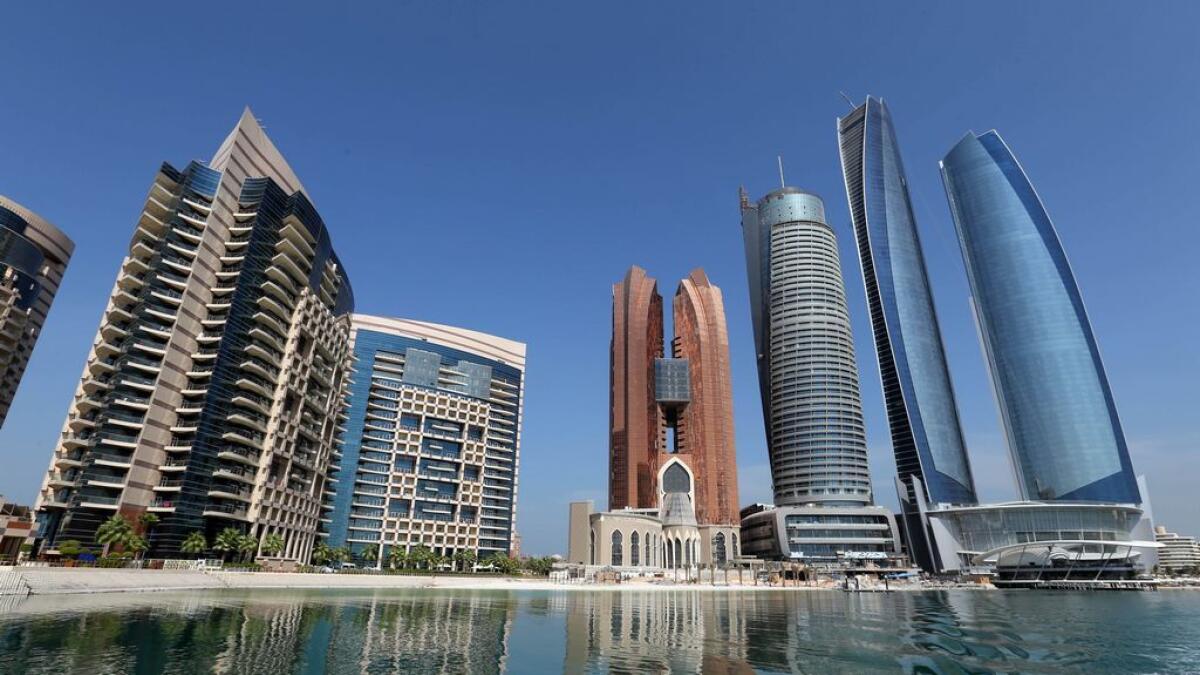Are you looking to rent property in UAE for a couple of decades or buy a house to settle in for the rest of your life? According to Law No. 19 of 2005, expatriates can own property in the form of floors and apartments, but not land. As an expat, you have the opportunity to own property through various systems such as ownership, musataha, usufruct, and long-term lease. Each system has its own benefits and duration, allowing expats to choose the option that best suits their needs.
Ownership allows expats to fully use and dispose of apartments and villas they buy for a period of 99 years. Musataha permits the ownership of residential units for 50 years, with the option to renew. Usufruct allows ownership and use of residential units for 99 years, but with restrictions on altering the property. Long-term lease enables expats to lease units for 25 years or more. These systems provide flexibility for expats to invest in property in the UAE according to their preferences.
Expats can own property in nine areas in the emirate including Yas Island, Saadiyat, Reem, Mariya, Lulu Island, Al Raha Beach, Sayh Al Sedairah, Al Reef, and Masdar City. To purchase property in these locations, it is important to register the sale through the TAMM portal. Property buyers can register the sale of first-sale units or plots directly from the developer, or through a resale agreement. Additionally, purchasing off-plan property requires a separate registration process, which can be done through TAMM.
Before entering into a purchase agreement, it is essential to ensure that the project developer is registered with the Department of Economic Development in Abu Dhabi. The purchase agreement should include a specified date of delivery and compensation in case of delays. It is also advisable not to make any payments without a proper sale agreement or contract in place. In case of a dispute, purchasers can seek resolutions by enquiring about the project status, contacting the developer for updates, and ensuring payment of all amounts owed to the developer before filing a lawsuit with the Abu Dhabi Courts.
In conclusion, expatriates in the UAE have the opportunity to invest in property through various systems that offer flexibility and long-term benefits. By understanding the ownership options available and following the necessary procedures for property purchase, expats can secure their investments and make informed decisions about their real estate ventures in the UAE. Stay up to date with the latest news and updates on property ownership regulations to make the most out of your investment opportunities in the region.











